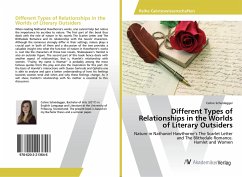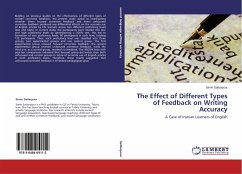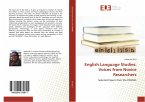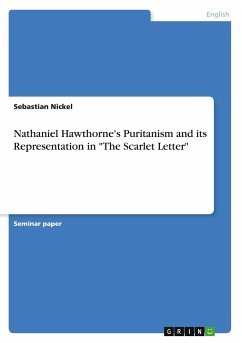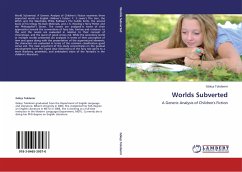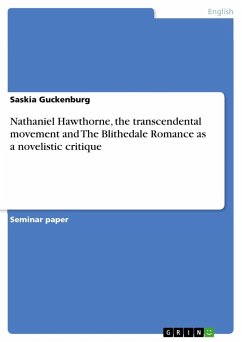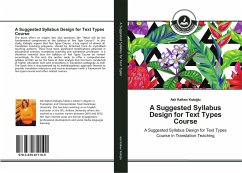When reading Nathaniel Hawthorne's works, one cannot help but notice the importance he ascribes to nature. The first part of this book thus deals with the role of nature in his novels The Scarlet Letter and The Blithedale Romance and its relationship with the novels' characters. Although the romances strongly differ in their settings, nature plays a crucial part in both of them and a discussion of the two provides a valuable insight into what the function of nature in Hawthorne's works is. Just like the characters of those two novels, Shakespeare's Hamlet is also an outsider figure. The second part of this book hence deals with another aspect of relationships, that is, Hamlet's relationship with women. "Frailty, thy name is Woman" is probably among the most famous quotes from this play and also the inspiration for this part. On the basis of Hamlet's interactions with Queen Gertrude and Ophelia one is able to analyse and gain a better understanding of how his feelings towards women tend and when and why these feelings change. As it will show, Hamlet's relationship with his mother is essential to this discussion.
Bitte wählen Sie Ihr Anliegen aus.
Rechnungen
Retourenschein anfordern
Bestellstatus
Storno

